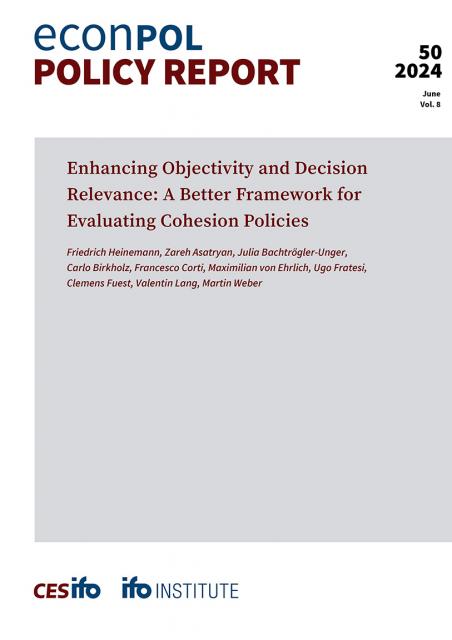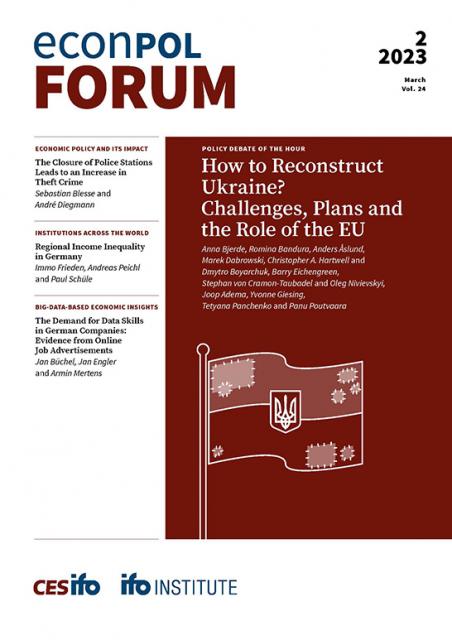
EU Budget & Public Investment
This topic area delves into one of the most scrutinized items of EU governance, casting a light on the sources of revenue for the EU budget, including contributions from member states, and the priorities set for expenditure in areas such as infrastructure, research and innovation, regional development, and social cohesion. It also explores the challenges and debates surrounding the size of the EU budget, the distribution of funds, and the impact on member states' economies.




